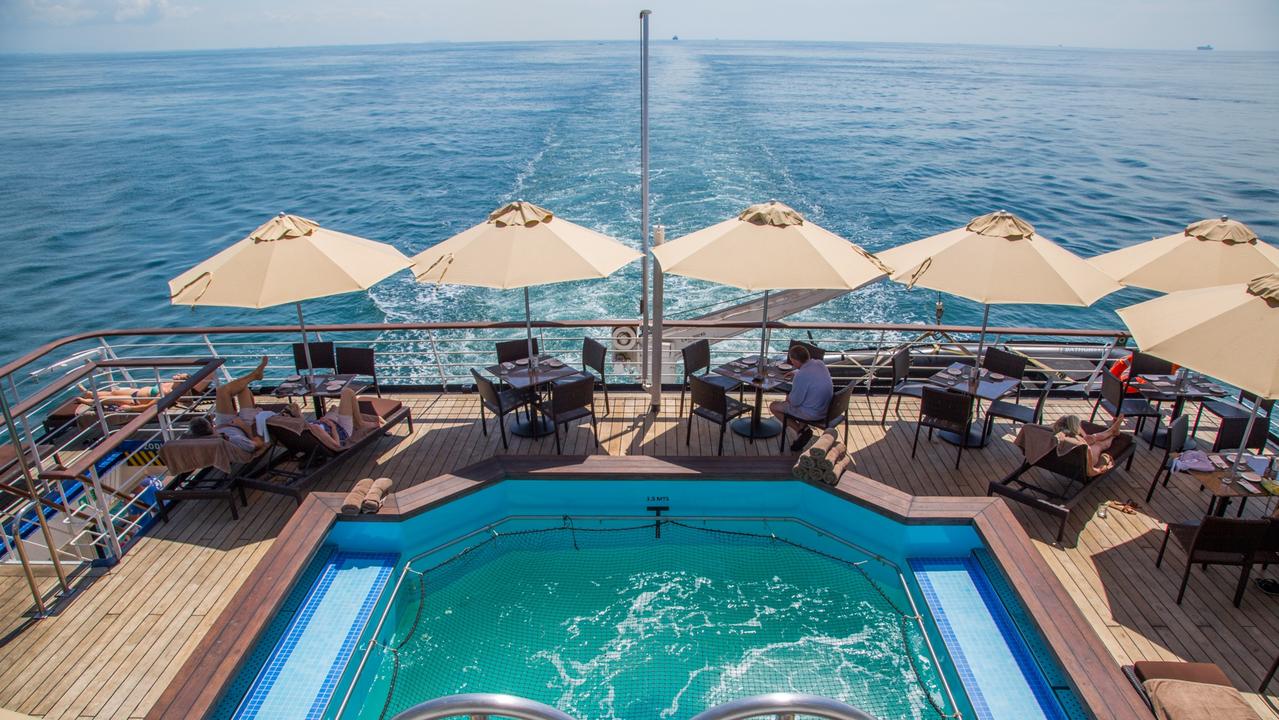Poor sleep’s vicious cycle
How stress leads to sleep deprivation, marital conflict, and as a result, a lack of sleep.
Stress at work, school or in relationships is the main reason Australians struggle to get a good night’s sleep — and being tired is only adding to the problem, with a more than a third of Australian adults getting less than seven hours sleep per night, according to a survey commissioned by News Corp and Princess Cruises. That is despite the Sleep Health Foundation recommending adults get seven to nine hours sleep every night, or seven to eight hours for those aged over 65.
When asked the reason for their sleep difficulties, 44 per cent of respondents blamed stress at work, school or in relationships, while 37 per cent cited health issues or physical pain. Interestingly, health issues and physical pain was the key reason for sleep difficulties among those aged 45 and over, and stress the bigger problem for younger adults.
Perversely, the causes of poor sleep are also what poor sleep causes: 87 per cent of people surveyed say it is associated with relationship stress, 84 per cent say health problems, with lack of alertness and impaired memory impacting on everything.
That supports research conducted in 2014 at the University of California, Berkley, that showed that sleep-deprived couples were more likely to be in conflict, and had decreased empathy for their partners.
The survey found an irregular routine, such as not getting to bed at the same time each night, was a reason given by 27 per cent of people for sleep difficulties. Other reasons given included the use of stimulants such as caffeine, alcohol or food (25 per cent), using electronic devices or technology before bedtime (24 per cent), and environmental factors such as light, noise, or extreme temperatures (20 per cent).
American sleep expert Dr Michael Breus, a clinical psychologist known as The Sleep Doctor, says people underestimate the impact sleep, or lack of sleep, has on their everyday function. Breus says the brain seeks to compensate for the lack of sleep, in a similar way to someone having a coffee if they feel tired.
“We think this is a survival function of the brain, more than someone not recognising it or ignoring it,” Breus says, suggesting people often do not believe it is serious.
“There is data to suggest that as people become more tired, they become less aware of this sleepiness.”
Breus is certainly aware of it; indeed, it is his life’s work. He says there could be made reasons for poor sleep, the more serious requiring clinical attention.
Commenting on the survey, Breus says he would generally agree that stress is the main factor for sleep deprivation, however a clinical condition such as sleep apnoea may be more attributable to something like weight.
Breus says different age groups and demographics have different issues. For example, new mothers might be sleep-deprived due to having a new baby, whereas for teenagers it might be due to school schedules and social schedules and chronobiology and environment.
Australia’s Sleep Health Foundation has called for an education campaign around the benefits of sleep and the dangers of sleeplessness. It also wants an overhaul of workplace, health and safety laws, and even building design, so employers are more aware of their employees’ sleep needs, citing also the approximately 400 annual deaths from falling asleep at the wheel or industrial accidents while tired.
This content was produced in association with Princess Cruises. Read our policy on commercial content here.


